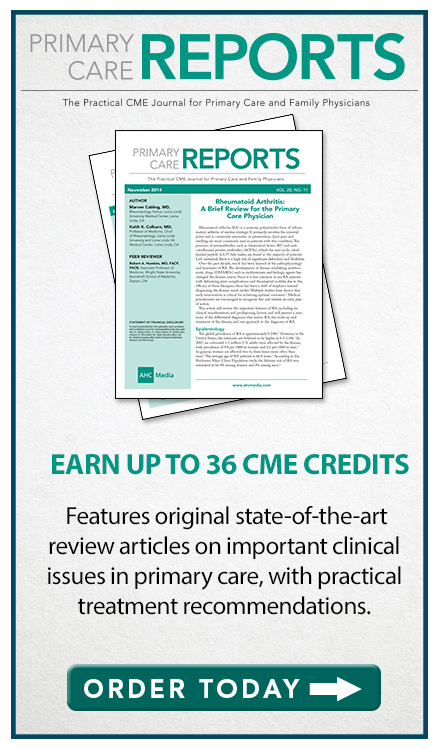Understanding Why Patients Refuse to Get Flu Vaccines
October 13th, 2016
ATHENS, GA –No matter how compelling they may seem, public service announcements about getting a flu vaccine fall on deaf ears if the message is not in line with personal experience, according to a new review.
A qualitative meta-analysis published recently in the journal Vaccine and presented recently at the National Adult and Influenza Immunization Summit, sought to determine why more Americans don’t get annual flu vaccines.
The CDC reports that 29.6% of adults ages 18 to 49 receive the flu vaccination in 2013. The percentages are higher for older Americans –46.5% for adults ages 50 to 64 and 67.9% for adults older than 68.

"One of the most important findings was that personal experiences mattered a lot, both for people who got an annual flu shot on a regular basis and for those who didn't," said Glen Nowak, PhD, the director of the Center for Health and Risk Communication at the University of Georgia’s Grady College of Journalism and Mass Communication. "I think that is an important reminder that it is really hard to overcome personal experience with persuasive communications. A lot of time communicators think they can just educate someone or just persuade them to take action, but that isn't always the case. It may take a better product or a new and different personal experience."
To find an answer to the question, Nowak and Kelli Bursey at the Oak Ridge Institute for Science and Education analyzed 29 flu vaccine-related communication research reports sponsored by the CDC's National Center for Immunization and Respiratory Diseases between 2000 and 2013.
Seven reasons were identified as reasons leading people to get annual flu vaccinations, including:
- They believe they are susceptible to getting the flu.
- They believe the vaccine matters and works.
- They are older or have a chronic health conditions.
- They have received a recommendation from a doctor, which makes a positive difference.
- They have experienced a bad flu or flu-like illness.
- They have been on the receiving end of active vaccination promotion, which makes a positive difference.
- They have convenient and easy access to the flu vaccine.
The six primary reasons people didn't get the flu vaccination are:
- They believe, often as a result of personal experience, that flu is a "manageable illness."
- They don't believe the flu vaccination recommendation applies to them.
- They do not believe flu vaccines are effective.
- They have a concern about getting the flu from the vaccine.
- They believe other measures are more effective.
- They have a negative personal experience with the vaccine.
"Overall, these studies consistently found that people need to see flu as real and serious health threat –either through personal experience or communication messages and materials –in order to get vaccinated," Nowak said. "They also consistently found that misperceptions, such as believing the vaccine causes the flu, remain and are sometimes held by healthcare providers."
Interestingly, the study found some surprising misconceptions among healthcare workers who were included in the studies.
"Some healthcare workers are aware they can contract the flu, but they didn't acknowledge they can transmit the flu," Nowak said. "They saw patients as the threat and not themselves, which created a barrier for them to get vaccinated."

